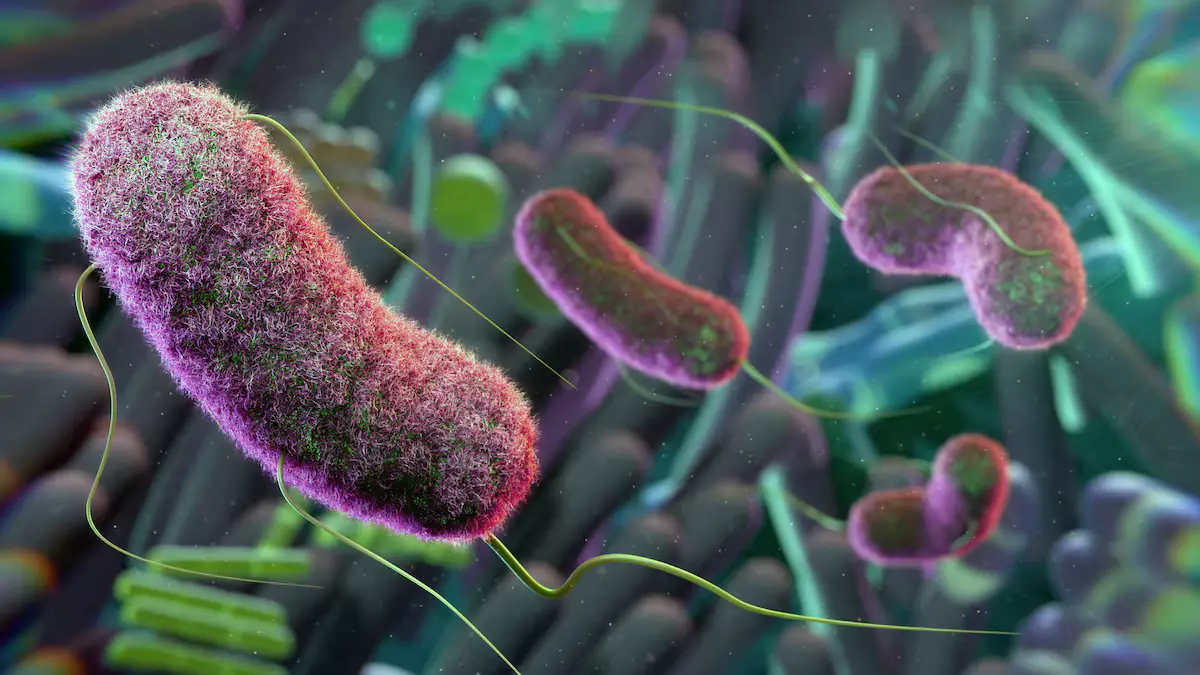Certain types of gut bacteria appear to increase or decrease the risk of sleep disorders and viceversa. Shows a study published this Monday in General Psychiatry.
Meanwhile, insomnia itself appears to alter the abundance of these bacteria. Adds the research led by a team of scientists from Nanjing University (China) and George Mason University (United States).
The study suggests the existence of reciprocal links between gut microbiota and sleep problems, which affect a large portion of the world’s population.
Previous research has explored the effects of gut bacteria on various sleep characteristics. But it remains unclear how different groups of microorganisms might affect insomnia risk, the article notes.
To strengthen the evidence, the researchers conducted a Mendelian randomization análisis. A technique that uses randomly selected genetic variants as indicators of a particular risk factor to obtain genetic evidence supporting a specific outcome.
Their research methodology was based on data from 386,533 people with insomnia from a previously published genome-wide analysis study and gut microbiome data from 18,340 people from the MiBioGen alliance and 8,208 people from the Dutch Microbiome Project (71 groups of bacteria in common).
The analysis revealed positive associations between 14 groups of bacteria and the risk of insomnia. With a one to four percent increased likelihood of suffering from this type of sleep disorder.
With information from Prensa Latina
- Israel and the US bomb Tehran - 28 de February de 2026
- Protein May Favor Production of Antimalarial Drugs - 28 de February de 2026
- Prioritizing Care for Children with Disabilities in Holguin - 28 de February de 2026

